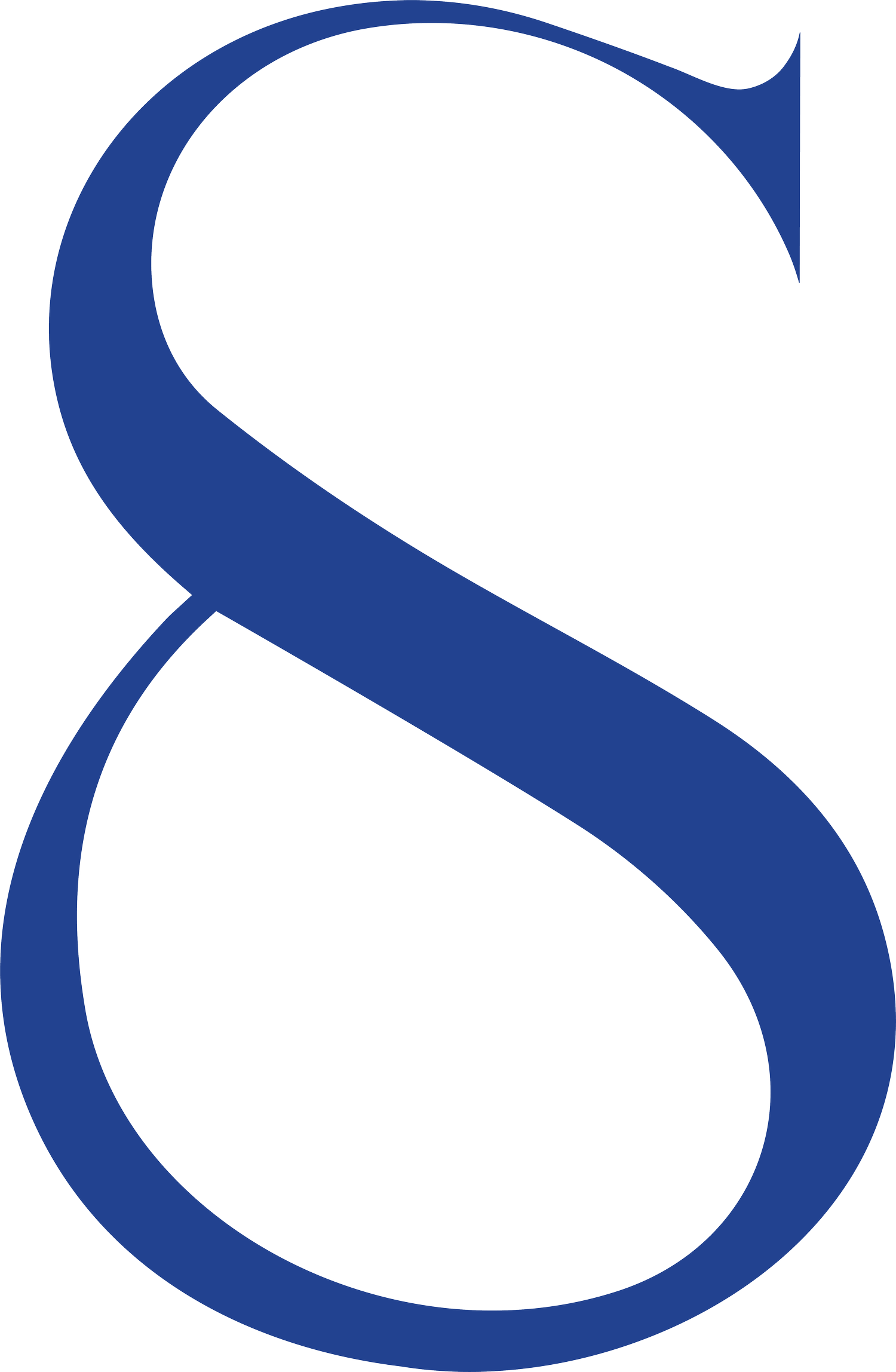Welcome to the first edition of Full Health Friday, a short summary of what I am exploring and utilising in health and life this week.
Quote for reflection
“Its not what happens to you, but how your react to it that matters”
Epictetus
Book to Read
A book to read: The Code Breaker: Jennifer Doudna, Gene Editing, and the Future of the Human Race, written by historian and journalist Walter Isaacson.
This is a super interesting book about the science of gene editing and CRISPR told via the biographical story of one of the leading scientists in the field, Jennifer Doudna. It is not just heavy scientific information, but a nice easy to read mix of how the science developed, the many interesting characters involved as well as the ethical and future potential to consider.
A product to try
Athletic greens www.athleticgreens.com - This is a comprehensive greens supplement drink designed to fill the nutritional gaps on days when you may not quite reach your planned fruit and vegetable intake…while also providing a whole host of additional nutritional goodies.
Note: I am not affiliated with Athletic Greens in any way, this is simply a product I am trying and enjoying.
Tip of the week
Exercise and movement does not need to always be complex or unpleasant.
While at least 75 minutes of vigorous or up to 150 minutes of moderate exercise per week is recommended to maintain basic health, it can be composed of a variety of things and in a way that aligns with your life, values and priorities.
Looking for and recognising opportunities to move, especially informal and not in a planned training environment, can give a lot more opportunity to make movement a normal and regular part of your life.





